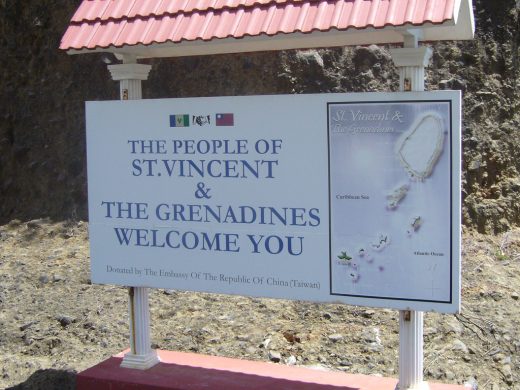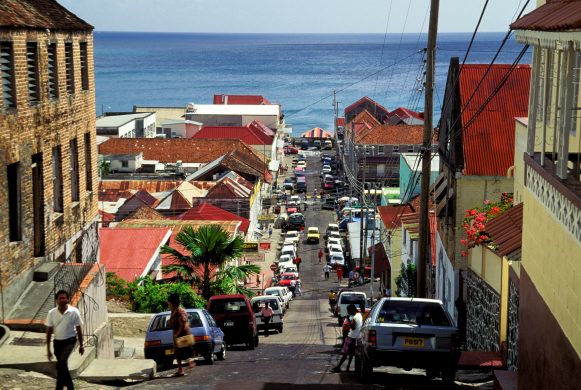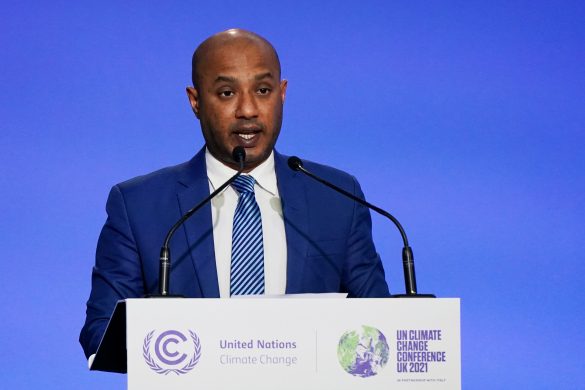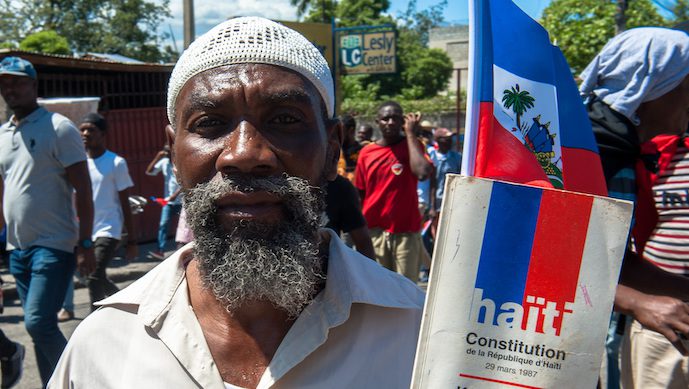WASHINGTON, 13 January, 2016 (Worldbank): For Grenada, St. Lucia and St. Vincent and the Grenadines, broadband internet access is a way to tie small, somewhat isolated island populations to each other and to the rest of the world.
Fast, on-demand digital connections to business opportunities, information, even to friends and relatives is even more crucial when you are perched on a small island in the Caribbean Sea.
Basal infrastruktur – som elektricitet og veje
“Digital connectivity is a basic building block for economic productivity, like electricity or roads. You simply can’t be part of the global economy without it today, it is crucial,” says Casey Torgusson, an operations officer at the World Bank.
According to the World Bank’s 2016 World Development Report technology is not a shortcut to development, but it can act as an enabler and perhaps even accelerate growth.
Investments in such technology can feed local economies and have benefits for entire regions as well. And it can also help create jobs and diversify local economies.
Since a decline in agriculture, especially in sales of bananas, the St. Lucia government is targeting information technology as one of its main potential growth areas.
Huller i dækningen
One task is to fix the existing holes in broadband coverage. Some islands have spotty coverage and are without connections to sub-marine cables, which are vital for reliable, high-quality internet service.
“We need to fill in existing gaps for both citizens and the government,” says Doyle Gallegos, who is a Lead ICT Policy Specialist at the World Bank.
To build seamless broadband networks and spur the development of internet-based businesses and jobs in the Caribbean, the World Bank is working with local governments to:
-
Enable affordable and easily accessible high-speed internet services to better connect the region’s islands to each other and the rest of the world
-
Tie cities, towns and remote islands to broadband networks
-
Promote policies to put government data on topics ranging from taxes to electricity to training onto the internet, where anyone can access it
-
Build digital skills among citizens to improve productivity and job prospects
-
Use digital technology to encourage innovation and entrepreneurship for local businesses
“Digital connectivity is important,” says Doyle Gallegos.
“Let’s say a child has access to a computer in a lab at school. The school closes and he goes home – no computer, no access. Well, what he needs is information, from anywhere, so he can have access after school closes, access to work on projects, to connect to the world. That changes life for a kid.”
IT-services som nyt økonomisk område
It could also change economies for these island nations. Part of the project, which is called the Caribbean Regional Communications Infrastructure Program (or CARCIP, for short), aims to promote digital skills training and business development.
The goal is to create jobs while strengthening the countries’ entrepreneurial base. With a well-trained population and a solid digital infrastructure, the Caribbean could position itself as a destination for IT services.
So the project will offer resources to train and certify young people in courses of study ranging from software and apps development to database management and web development.
27.5 million people live in the Caribbean, and CARCIP’s improved broadband access will improve lives for those in cities and rural areas.
Benefits are expected to include improved access to broadband, lower prices and higher quality services.
In rural areas, it will make world class skills training available through online platforms.
As connectivity increases, the opportunity to deliver more and better public services electronically and to introduce greater accountability and transparency will also grow.
Digitalt samarbejde vil styrke bittesmå lande
The region would benefit hugely from better connectivity, partly because of geography. The Dominican Republic and Haiti have approximately 75 percent of the population, 20 million people, evenly split between them.
But everyone else is spread out over a dozen countries, none of which accounts for more than 3 percent of the region’s total population.
So tying Grenada, St. Lucia and St. Vincent together will increase the islands’ potential for trade, investment and growth; more people will mean more interest.
En femtedel er uden arbejde
And while many Caribbean countries are now middle-income countries, unemployment rates have stayed high, above 20 percent in St. Vincent and the Grenadines and St. Lucia.
Better broadband access should help the poorest to share in the prosperity of their neighbors. “Just because of their size, these small islands are not as attractive to investors and businesses, compared to the bigger ones nearby. Just getting them to work together makes them more competitive,” Casey Torgusson explains.
Read more about how digital technologies are impacting development in the 2016 World Development Report: Digital Dividends






